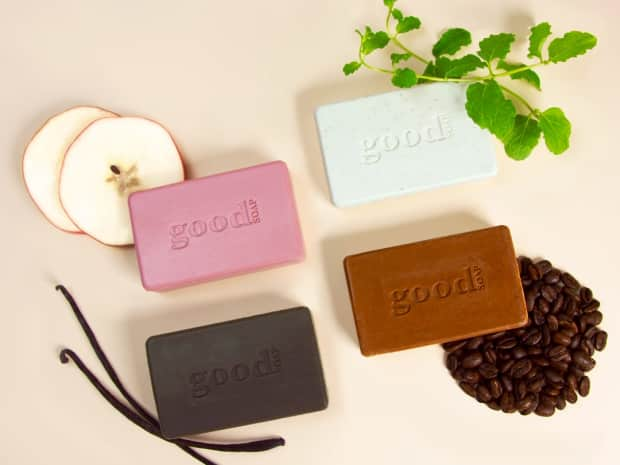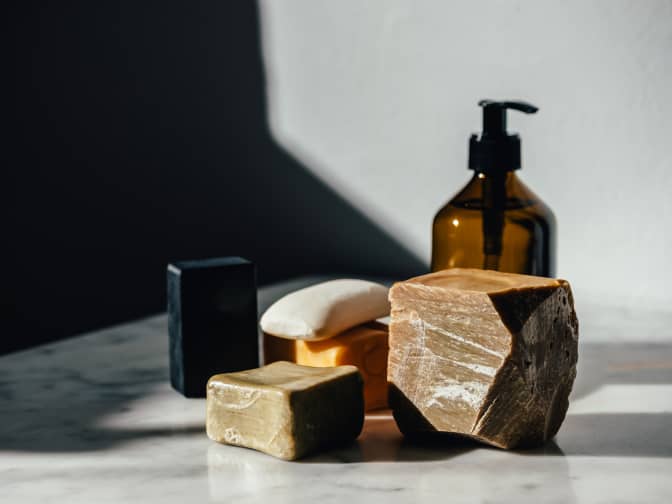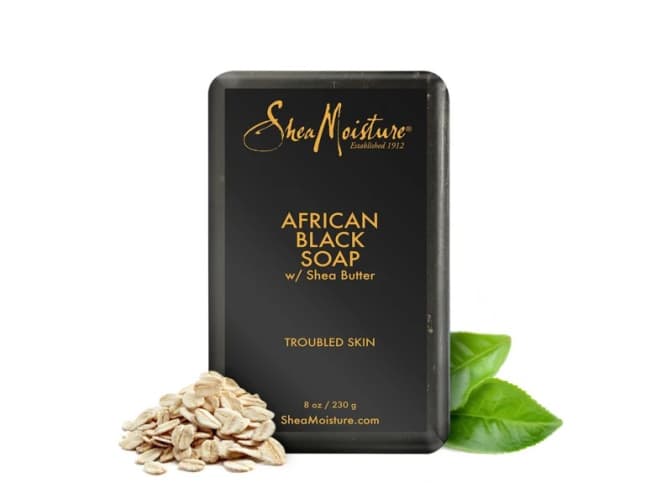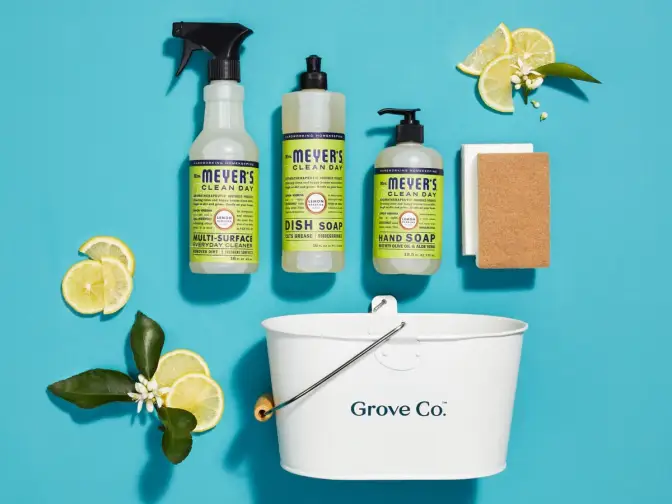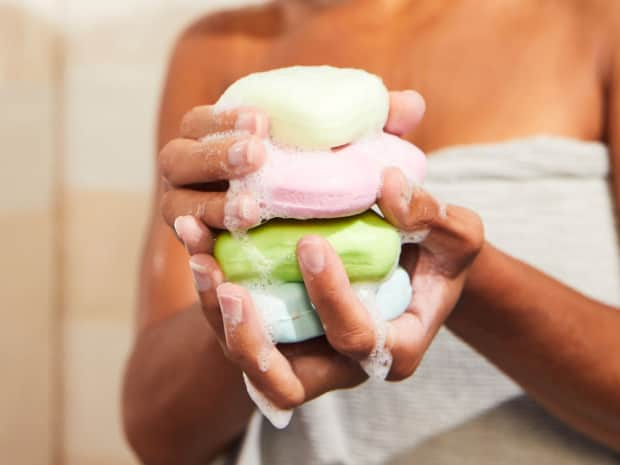Plantain skins and leaves
Plantain skins and leaves contain vitamins A and E, which aid in collagen production, moisturize the skin, and help improve skin texture. Allantoin has germicidal and antibacterial properties that help soothe and protect skin.

